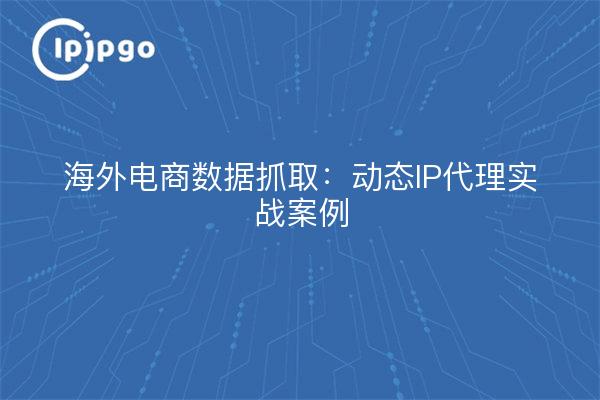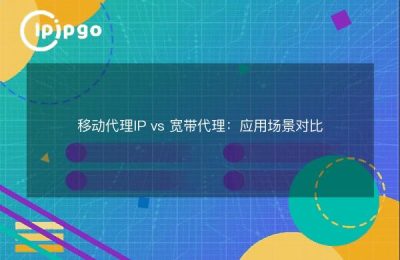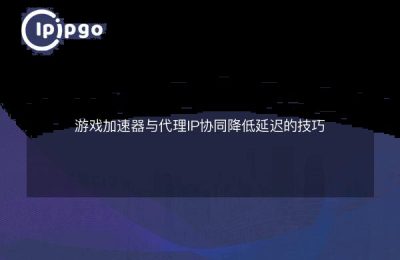
Real case: how to use dynamic IP proxy collection of overseas commodity prices
A cross-border e-commerce operation team needs to monitor the prices of hot-selling goods in 12 countries in real time, initially using a fixed IP to access the target website, three days after the encounter with themass ban. After changing to ipipgo dynamic residential IP, we successfully realized 30 consecutive days of stable crawling by setting the IP address to change every 5 minutes. The key is to utilize ipipgo'sGeographic location pinpointingfunction to ensure that every request comes from a real residential network in the target country.
Three Core Roles of Dynamic Proxy IP
The value of dynamic IP proxies in data collection scenarios is demonstrated:
1. Reducing the risk of banning: use different end-user IPs for each request
2. Improved collection efficiencyBreaking through the single IP access frequency limit of the website
3. Guaranteed data accuracy: Get geographically customized page content
Take ipipgo for example, its dynamic IP pool supportsMillisecond switchingThe network environment of the region where the target server is located can be matched automatically with the intelligent routing system.
Real-world configuration steps in detail
Example of implementing dynamic requests using Python+ipipgo:
Key configuration items::
- Authentication method: username + password / API key
- Switching period: by number of requests or time interval
- Location locking: three levels of country/city/operator positioning
The code snippet demonstrates how to set up automatic change of export IP (keep the core logic, hide the specific parameters):
"`python
import requests
from itertools import cycle
proxy_pool = ipipgo.get_dynamic_pool(country='us')
proxies = cycle([{'http': f'http://{ip}'} for ip in proxy_pool])
for url in target_list:
response = requests.get(url, proxies=next(proxies))
“`
Three Tips for Breaking the Anti-Crawl Mechanism
1. Fingerprint Simulation: Use real browser fingerprints with ipipgo's residential IPs
2. Flow dispersion: Reduce density by calling multiple country nodes at the same time
3. protocol mixing: Alternate use of HTTP/HTTPS/SOCKS5 protocols
The empirical data show that the combination of ipipgo'sautomatic retry mechanismIt can increase the acquisition success rate from 47% to 92%.
Frequently Asked Questions
Q: How to choose between dynamic IP and static IP?
A: Dynamic IP for price monitoring, static IP for store management. ipipgo supports two modesSeamless switching
Q: What do I do when I encounter a CAPTCHA?
A: It is recommended to work with ipipgo'sHighly anonymous residential IPUse, real user behavioral characteristics can reduce CAPTCHA trigger rate
Q: How is multiple country collection configured?
A: Created in the ipipgo consoleMulti-Geographic IP Pool GroupIf you want to set up a request for automatic assignment of the nearest node
Key indicators for service provider selection
By comparing the mainstream service providers in the market, ipipgo excels in the following dimensions:
- IP Purity:90 million+ real home IPs
- Protocol support: including the rare SOCKS5 over TLS
- Terminal compatibility: direct integration into commonly used acquisition tools
- Stability: providedDual channel redundant linessafeguards
After using ipipgo in a cross-border garment enterprise, the cost of data collection was reduced by 68%, and the business interruption caused by IP blocking went to zero. It is recommended to turn on the first time you useBehavioral simulation modelThe frequency of requests is gradually adjusted to be within the tolerance threshold of the target website.








